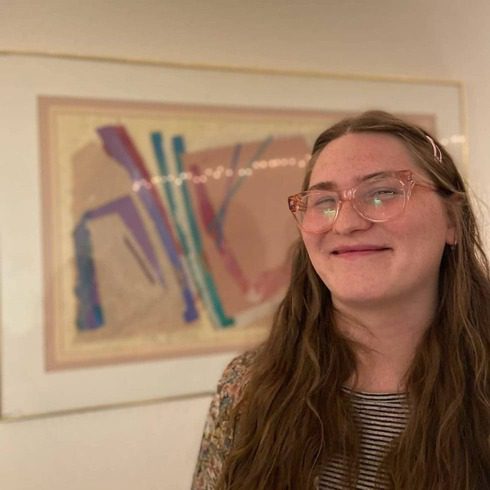Pride began as a riot, a riot against police violence and for queer and trans* solidarity and liberation. The riot that occurred following the raid at Stonewall Inn in Greenwich Village on June 28, 1969 is the reason we celebrate LGBTQIA+ Pride in June each year. Before the Stonewall raid, there were the raids at Cooper Do-Nuts in Los Angeles (1959) and at Compton’s Cafeteria in San Francisco (1966)—each of which targeted both queer and trans* people and resulted in resistance against state-backed repression at the hands of local police. Immediately after Stonewall, the Gay Liberation Front was formed; a year later, Marsha P. Johnson and Sylvia Rivera formed the Street Transvestite Action Revolutionaries (STAR). These acts of resistance and the organizations they spawned need to be remembered by both queer and trans* people (as well as our allies) as we work to build on their legacy in the present—not just in June, but every day that we’re still here on this earth.
As we look around at the current political landscape, it’s clear that state-backed repression is still on the agenda, with laws being promoted and passed that target queer and trans* people on an enormous scale. In times like these, with fascism on the rise and where minority difference is seen as a threat to power, we cannot merely seek to be tolerated or acquiesce to assimilation in an intolerant society. The closet, a place that may be safe but is also life-draining, is not enough. Going to a Pride march is not enough. Being gay, but not too queer, is not enough. We have to remember where Pride began and where we’re headed, whether we want to head there or not. We must be loud, proud, and willing to fight back against the systems, organizations, and community members trying to repress us. No one will give us the freedom to be free when it means that they have to dismantle the hierarchies that they sit at the top of.
As a trans* woman, as a queer person, and as someone committed to the liberation of all people, I know that Pride is worthwhile, but I also know that it has to be a revolutionary pride or else it will be stamped out entirely. If we do not see that our liberation is tied to the liberation of all other people—something that those with intersecting oppressions know to be the case—we don’t stand a chance. With loving solidarity, with vigilant resistance—with revolutionary pride—we can remind each other that riot isn’t a bad word, but something to celebrate as we face ongoing violence. This year especially, let Pride be a riot for your freedom.



